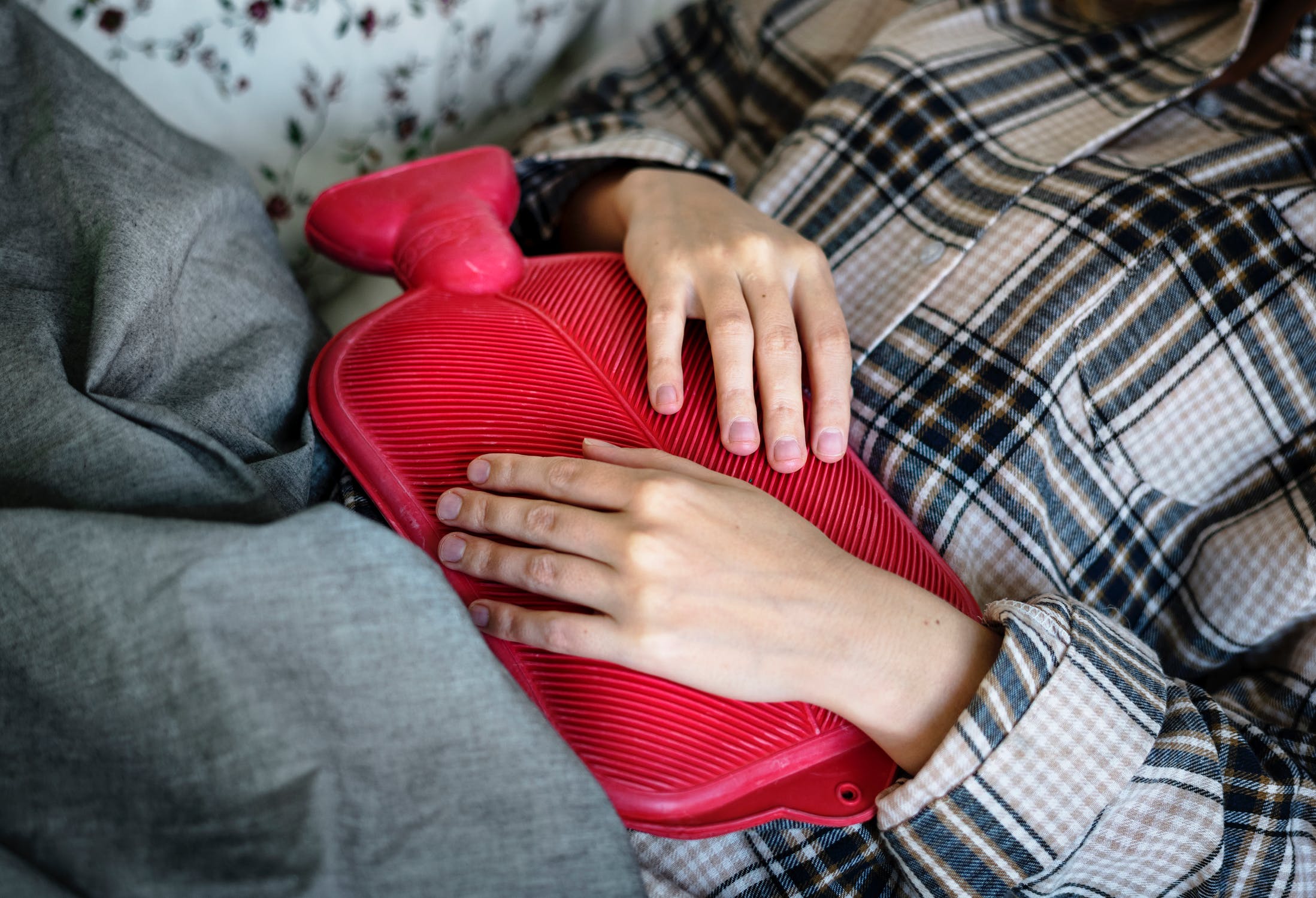Melissa (Wheelock) Welby, MD

Dr. Melissa Welby is a psychiatrist that participates in people’s process of discovery, empowerment, and search for satisfaction and happiness. She treats a variety of illnesses including depression, anxiety & panic attacks, adult ADHD (Attention Deficit / Hyperactivity Disorders), bipolar disorder, OCD (Obsessive-Compulsive Disorder) and borderline personality disorder. She is also the current president of the Connecticut Psychiatric Association.She completed her Internship & Residency at Cambridge Hospital, affiliate of Harvard Medical School, 2000 to 2004. Dr. Melissa Welby is Board Certified in General Psychiatry by the American Board of Psychiatry and Neurology, 2005 to present.

If eliminating self-care could cure or prevent COVID19 infections, I wouldn’t be writing this article.

Beyond handwashing, wearing a mask, and keeping a physical distance from others to minimize the risk of COVID19 infection, building resilience can help us manage the stress and carry us forward to the time when life eventually returns to “normal.”

Anxiety is everywhere right now, and, like our fears about COVID-19, it can feel inescapable.

COVID 19 has brought with it an enormous amount of uncertainty, and our world seems to have changed overnight.

Do you believe joy is possible? Many people I work with feel they passively exist without joy. Depression, anxiety, trauma, etc. may initially cause this, but then it is perpetuated by a lack of engagement in life. People do better when they are actively living. In the last post, we talked about what is the meaning of life and finding your purpose in life. Today we will talk about ideas to get started increasing engagement and enjoyment even if you aren’t feeling well. Active living can kickstart positive feelings and bring in new clarity about life purpose and meaning.

People that are suffering can sometimes lose sight of the meaning and purpose of life. At times, they begin to question the meaning of it all and the reasons why they would choose to continue to struggle. There is no one-size-fits-all answer to the meaning of life as it is up to the individual to decide. The good news is that there are endless amounts of individual missions, destinies, roles, and dreams that are possible. So what is the purpose of life?

One of the most frequent reasons people decide to stop taking their antidepressant medication is because they experience side effects. Sometimes side effects of antidepressants are quite minor and time-limited, however, if a person isn’t prepared for the possibility of side effects they may take this as a sign they can’t tolerate the antidepressant. It is important to be educated and know the potentials. This article will discuss common antidepressant side effects, and differentiate between the ones that will go away from those that will last for the duration of time on the medication. I will also review 4 dangerous antidepressant medication side effects that, although uncommon, are important to know about.

There are particular side effects from medicine that physicians want to know right away if you have. Akathesia is one of them. Akathesia is a sensation of inner restlessness so bad that it can actually increase the risk of suicide. People suffering from it are unable to sit still and often describe it as a creepy-crawly sensation inside of them. Akathesia treatment usually works pretty quickly. Let’s go over what is akathesia to be sure you can recognize it in the unfortunate chance that you or someone you know experiences it.

Hyponatremia means a low amount of sodium in the blood. This may sound like a good thing since doctors are frequently telling people to limit salt intake, but in this case, the low sodium isn’t healthy and in fact, can be extremely dangerous. Syndrome of inappropriate antidiuretic hormone secretion (SIADH) is one of the conditions that leads to hyponatremia. SIADH symptoms can be induced by many different medications prescribed for psychiatric conditions, including antidepressants and mood-stabilizers. What is SIADH hyponatremia? Let’s review what it means, the causes of SIADH, and the details of the symptoms SIADH causes so you know what to watch for.

Do you get a thought stuck in your head and then can’t stop thinking, analyzing, and worrying about it? Are these thoughts negative and focused on possible mistakes you have made? Do you let problems eat away at you? These are examples of ruminating thoughts. Ruminative thinking is not problem-solving that is productive, it is the tendency to repetitively think about situations that are upsetting. Figure out how to stop ruminating by first learning the rumination definition to recognize them when they are occurring.
By visiting our website you agree that we are using cookies to ensure you to get the best experience.
We use cookies to ensure you to get the best experience on our website. If you decline the use of cookies, this website may not function as expected.
Tools used to analyze the data to measure the effectiveness of a website and to understand how it works.